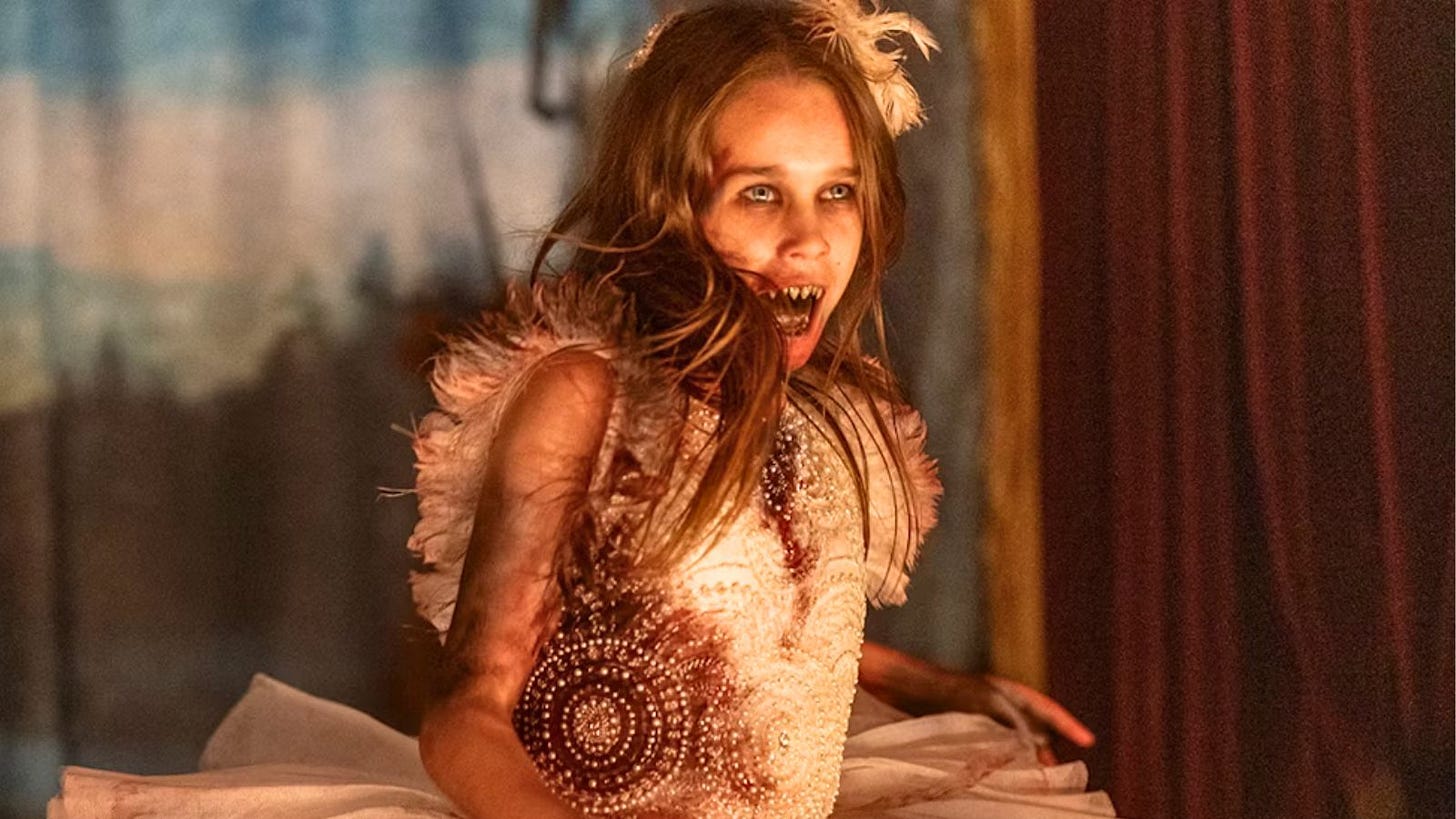The end of the Hollywood Ending
What happened to the thoughtful, unnerving, ambiguous, ingenious, climax?
When some of the canonical greats of American movie auteurism, such as Martin Scorsese, pass comment (as he and others have done in recent years) that cinema is over because of the suffocating kingship of the Marvel Cinematic Universe, they clearly have a point, albeit an arguable one. They see the death of independent cinema, the death of narrative, the death of nuance. There is also, in more ways than one, the death of the ending.
Others have made the point that superhero movies are ushering in the end of the Hollywood star, seeing as more and more it is the character that stars, and the actor in the part is neither here nor there (the recent reveal of Robert Downey Jr as Dr Doom, notwithstanding).
But that ending. One issue is that these superhero movies never end. They may stop as an iteration, after 3-hours — but they do not end. Characters who perish will come back in a spin off. Peril averted will be revisited. The ending is over because threat is over, linear storytelling is over, and the idea of moving on is now a decision left to the bean counters, not the movie-makers.
But there is another way in which endings have been ended by the supremo movie (and in this way I would not just lay the blame at MCU, but at action blockbusters in general). Superhero movies have ruined conflict, crisis, and climax. Pretty major ingredients of any dramatic art form, I’m sure you agree. American movies now, more often than not, descend into the scene-smashing mayhem of the superhero-schtick. Why spend time writing an ingenious final act when you can simply smash the shit out of everything?
Keep reading with a 7-day free trial
Subscribe to Blue, Red and Grey to keep reading this post and get 7 days of free access to the full post archives.




